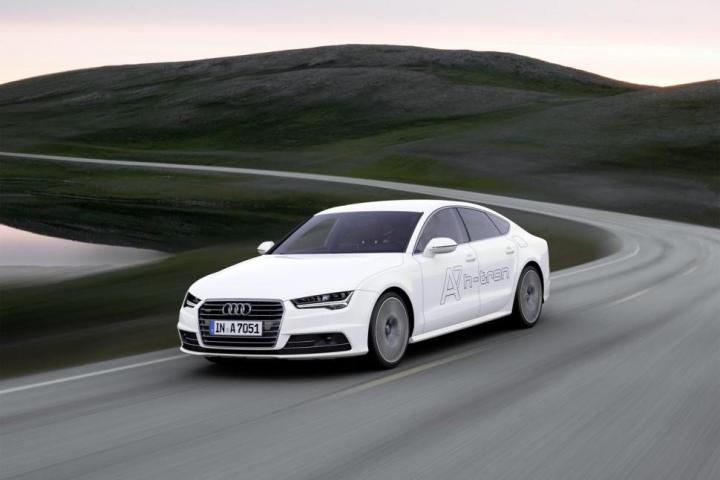
Audi has announced the purchase of “a package of patents relating to fuel-cell technology” from British Columbia firm Ballard Power Systems. The brand has also signed a two-year extension with Ballard that’s effective until March 2019.
The ‘Technology Solutions contract’ is part of an $80+ million deal between the firms, which includes 800 patents relating to both automotive and stationary fuel cells. The automaker will pay $50 million for the patents themselves, and Ballard estimates the incremental value of the extension to be between $24 and $30 million.
On February 11th, the value of the Canadian company’s stock jumped over 50 percent.
“Audi is acquiring these strategically important patents for the entire group and will make them available to all the brands,” said Audi’s Head of Development Prof. Ulrich Hackenberg. “In this way, we are securing crucial expertise that will provide new impetus for the further development of this technology.”
“The entire VW Group will use these patents,” he continued, but don’t think that means a hydrogen fuel cell Lamborghini Hurácan is in store.
VW and Ballard Power Systems have collaborated before. Audi’s A7 h-tron quattro, Volkswagen’s Golf SportWagen HyMotion, and Volkswagen’s Passat HyMotion, which debuted at the 2014 LA Auto Show, used components and technology developed alongside Ballard.
This isn’t the first time a major automaker has thrown a boatload of cash at the hydrogen industry. In November, we reported that Honda had pledged $13.8 million in financial support to FirstElement Fuel to help build 12 hydrogen filling stations across California.
Before that, coinciding with the debut of its Mirai FCV, Toyota announced a partnership with Air Liquide to build 12 stations across the northeast United States.


